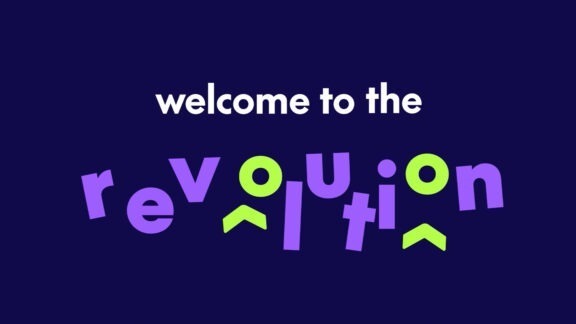Transformation. What is it? Like disruption, perhaps these days it’s guilty of becoming overused business jargon without full consideration of its true meaning.
In other words, all transformations demand you think big. Why? Because gradual improvement is no longer enough to succeed in today’s complex business environment where disruptors are entering markets from all angles.
The old adage…
If your business vision doesn’t scare you
(even just a little) it’s probably not right
…has never rung more true.
We’re suddenly in an era of thinking big and delivering fast. And chances are that things will only get bigger and faster. Transformation projects that took ‘a few years’ to implement a decade ago now need to be delivered inside six months or less.
Agility, bravery and innovation
These are the harsh realities of a commercially volatile world and exponential levels of disruption, driven largely by technology and emerging markets. The global economic and UK political uncertainty only supports the notion that a sustainable and successful organisation has to be brave, agile and ready to innovate with a contingency plan B as and when required.

Our own view is that transformation begins with an exciting but simple brand vision, driven by strong leadership, a sense of purpose and a genuine belief that something will change and improve for the better. This might relate to markets, services, technology, culture, products, talent or processes.
Or even all of the above.
Unlocking business value
Studio North helps organisations and their leaders to unlock business value by defining a strategic brand DNA model that supports transformation on every level. Whether that’s attracting and retaining top talent, influencing service or product development or delivering a clear and marketable customer value proposition.
Alas, our strategic brand work won’t deliver such value in isolation but is instead the glue that will align and mobilise the business functions that need to harmonise effectively for sustained growth and success.
96% of organizations are in some phase of Transformation and 4 in 10 CEOs expect their business to be significantly transformed in the next three years. (KPMG, 2018)
Over the coming months, within a series of interviews we seek to define what transformation means to the modern business and enlightened leaders. We speak to experts on relevant topics that help drive it.
We will also explore the common successful attributes of transformation and discuss the associated risks and challenges as well as the opportunities and benefits. Finally, we’ll look at the role of brand and how it connects to the enduring and pertinent issues around boardroom tables.








